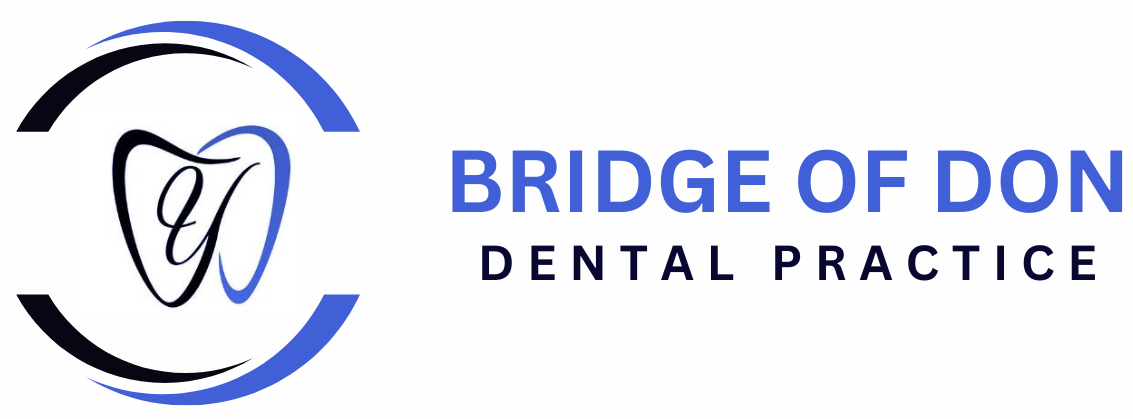

The British Dental Association (BDA) recommends that you should take your child for their first dental check-up as soon as their first teeth appear, or by the age of one. This is generally in line with the advice provided by various dental associations globally, including the American Academy of Pediatric Dentistry. During this time, your child’s baby teeth will be coming in and your dentist can examine the health of your child’s first few teeth. After the first visit, be sure to schedule regular checkups every six months.
Visiting the dentist regularly will not only help keep your teeth and mouth healthy, but will also help keep the rest of your body healthy. Dental care is important because it:
Your teeth may feel fine, but it’s still important to see the dentist regularly because problems can exist without you knowing. Your smile’s appearance is important, and your dentist can help keep your smile healthy and looking beautiful. With so many advances in dentistry, you no longer have to settle for stained, chipped, missing, or misshapen teeth. Today’s dentists offer many treatment choices that can help you smile with confidence, including:
Choosing a dentist who “clicks” with you and your family is important, and you may wish to consider several dentists before making your final decision. During your first visit, you should be able to determine whether the dentist is right for you. During your appointment, consider the following:

Comprehensive dental services including check-ups, cleanings, cosmetic dentistry, orthodontics, and restorative procedures. Trust Bridge of Don Dental for your oral health needs.
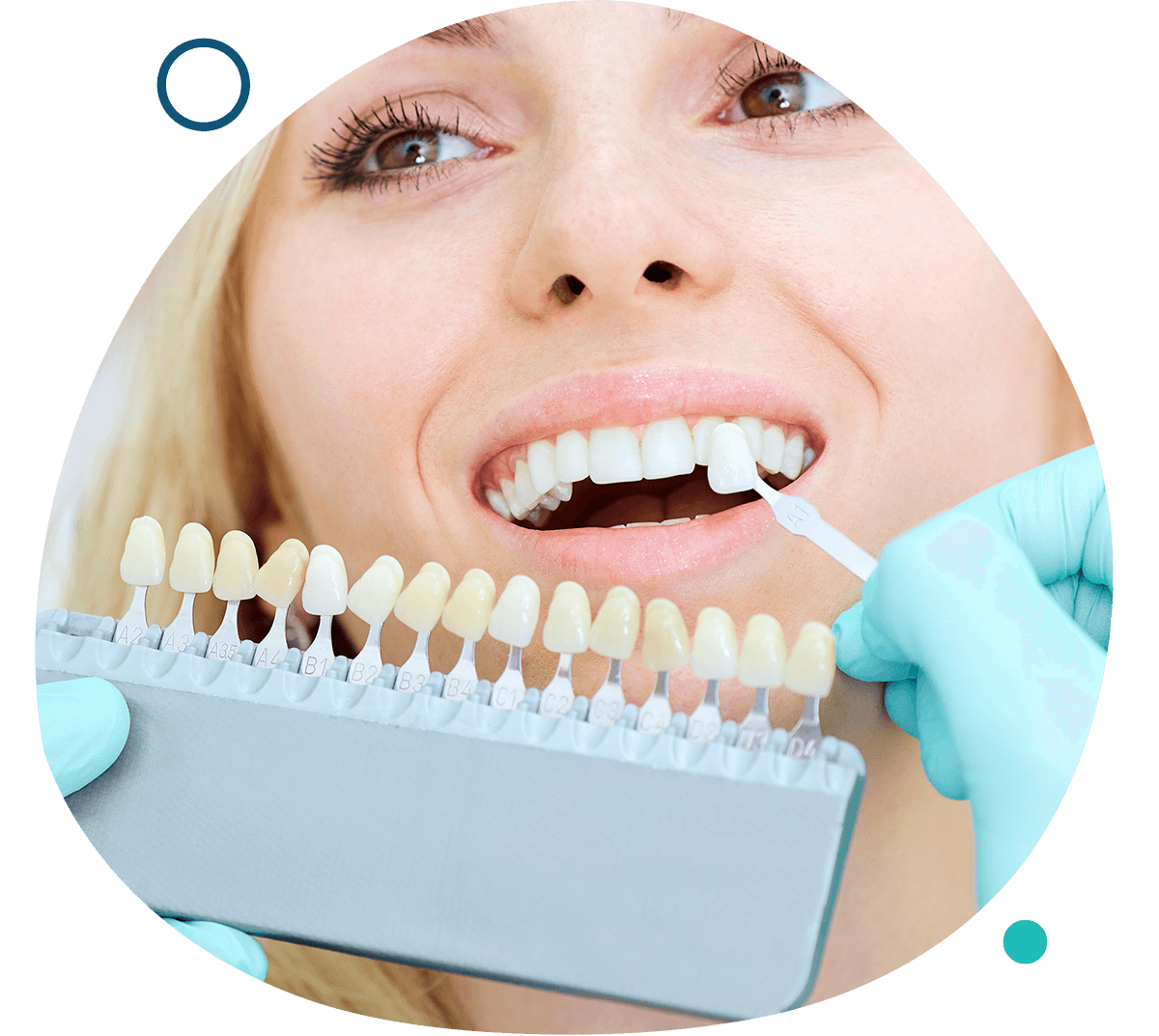
Providing all aspects of General Dentistry to care for your overall oral health and maintain your teeth and gums in the best possible condition.
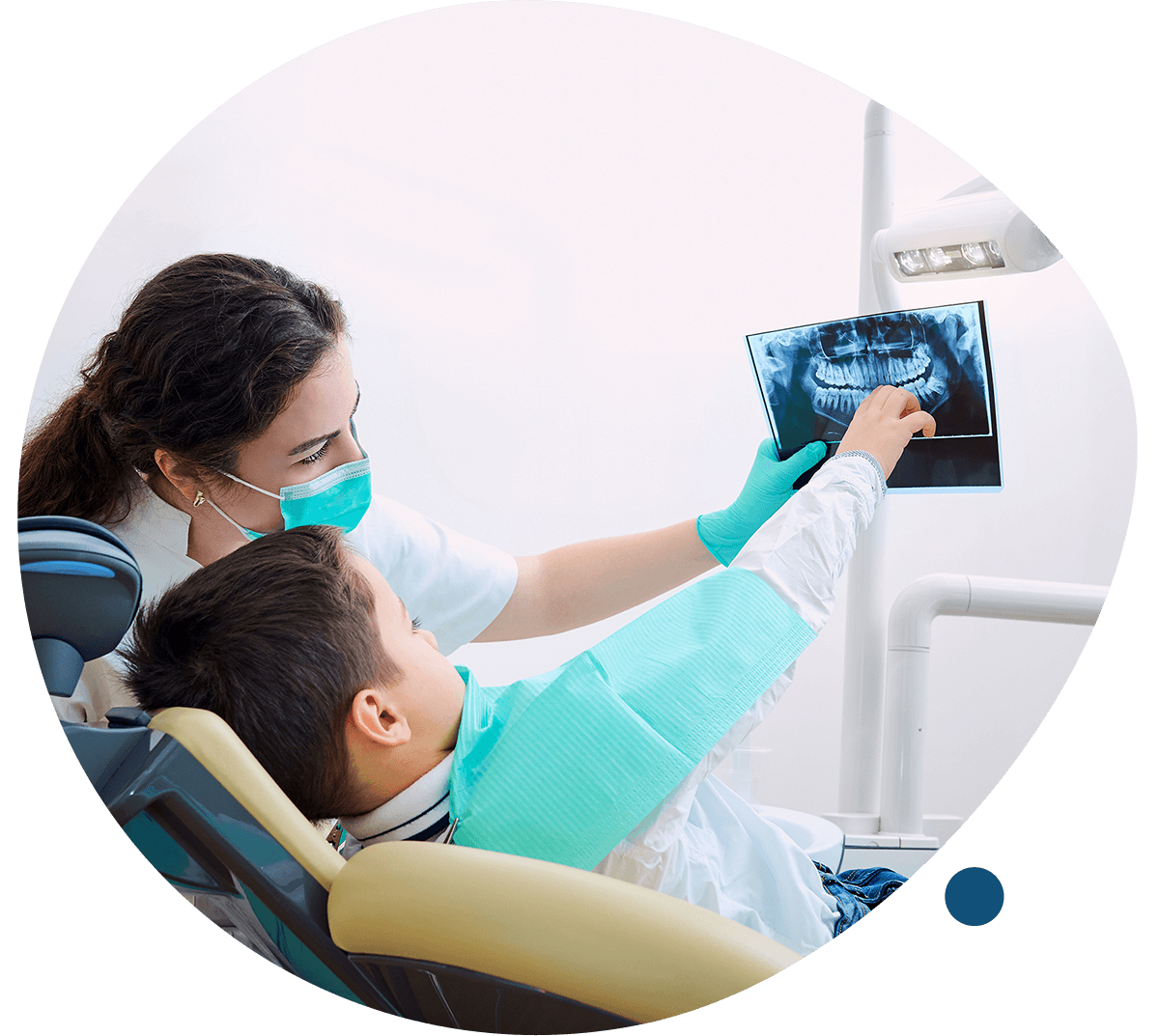
These diagnostic images help dentists detect cavities, assess bone health, and identify potential issues with teeth and surrounding structures
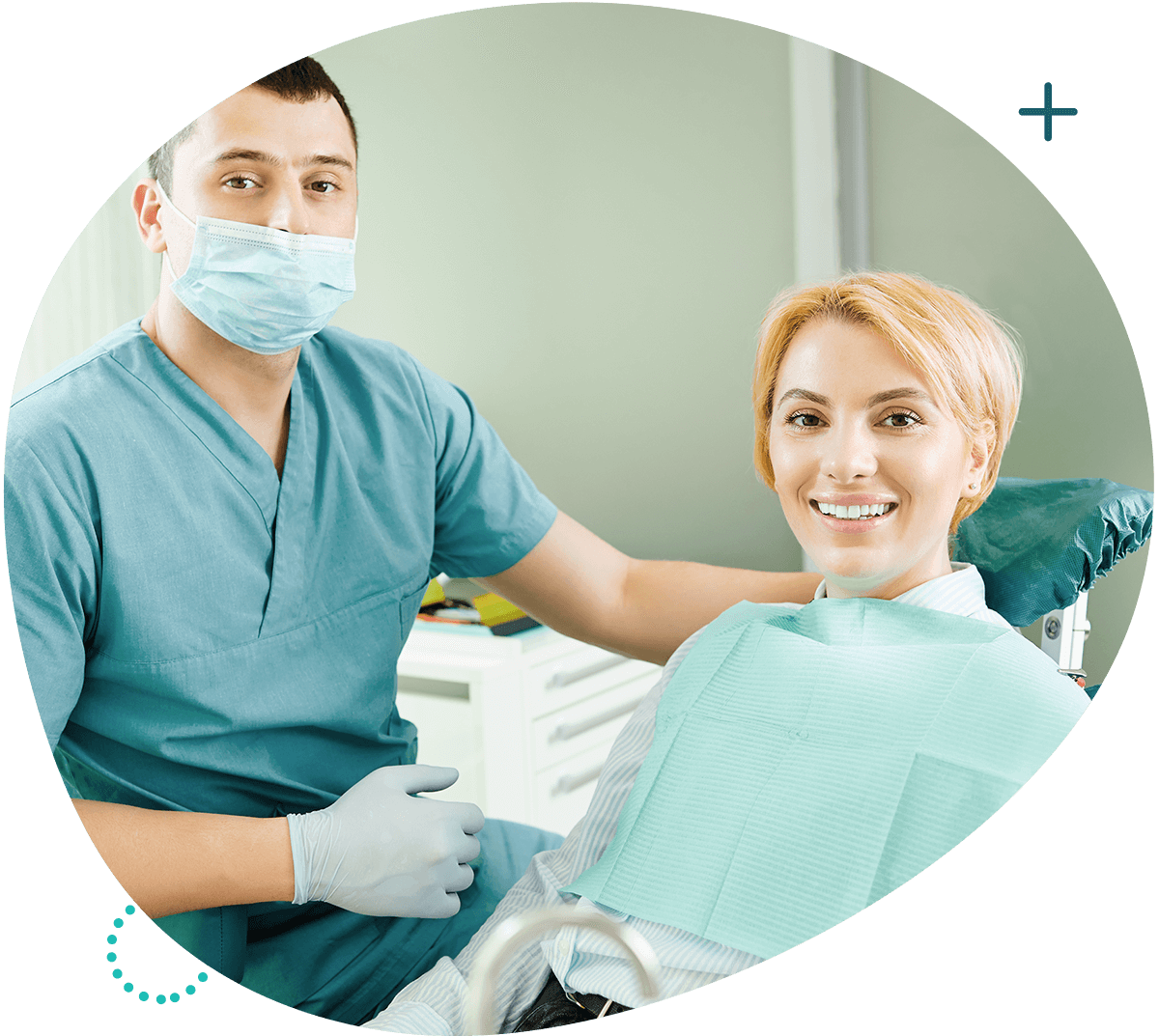
Combat wrinkles and ageing with facial aesthetic treatments carried out in a safe environment
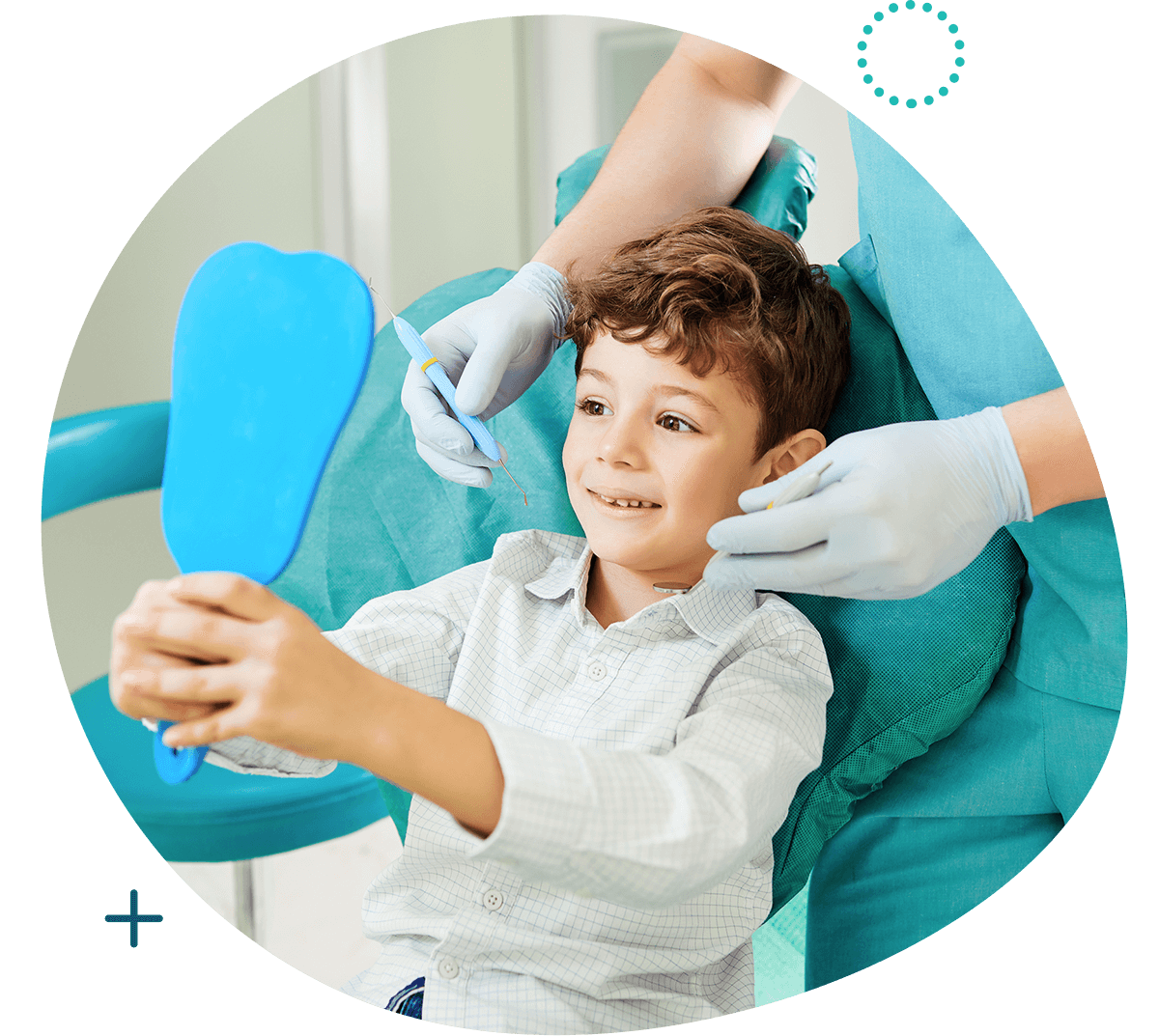
We prioritize your child’s oral health journey with expertise and a touch of fun. Because every little smile deserves exceptional care